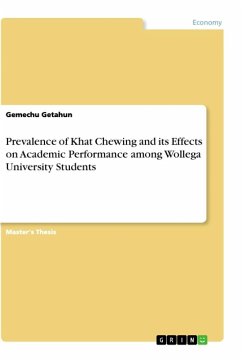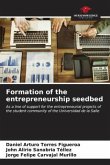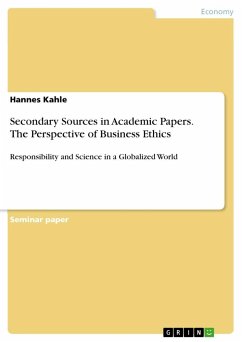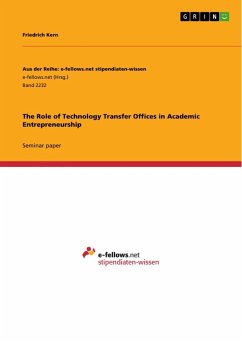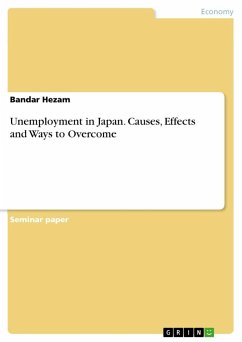Master's Thesis from the year 2017 in the subject Business economics - Miscellaneous, grade: Excellent (A), Ethiopian Civil Service University, course: Development Economics, language: English, abstract: Khat is a psycho stimulant basil globally consumed by millions, regardless of gender, religion, education, profession, philosophy and occupation. A significant number of educated group of Ethiopian society engaged in chewing, mainly for intellectual stimulation and recreation. Past studies revealed that khat chewing was associated with poor academic performance among students. While khat has harmful penalty, little is known about effect of khat chewing among university students in Ethiopia.This thesis aimed to explore the prevalence, determinants and effect of khat chewing on academic performance among Wollega University students. Methodologically the study used an explanatory sequential research design. Quantitative data was gathered through University based cross-sectional survey conducted in Feb 2017 among randomly selected 358 students using multi-stage sampling technique. Moreover, the in-depth interviews (N=4) and focus group discussions (N=10) was done using semi-structured questionnaires. Binary logistic regression model was employed to identify determinants of khat chewing behavior with in a framework of imputed data and survey design analysis.Two-limit tobit regression model was used to evaluate predictors of academic performance. The study reveals that prevalence of current regular, lifetime and last semester khat chewing were 24.3%,29%and 27.4%respectively.Students who comes from khat growing area(AOR=20[0.04-0.17]),who have chewer friends(AOR=5.3[5-8.8]),who lives out of campus with friends(AOR=9.2 (3.3-5.01]), whose year of study was third year(AOR=7.4( 0.04-1.27]),students from Nekemte campus (AOR=17.8[1.6-4.8]) and students who perceived khat enhances performance(AOR=2.9[1.4-7.8]) were more likely to chew khat. It is also found that khat chewing(p<0.01) is negatively associated with academic performance of students. To hinder the problems associated with khat chewing integrated prevention approach involving students, the university officials, the surrounding community, and regulatory bodies is required.Keywords: khat chewing, predictors, prevalence, academic performance, university students
Hinweis: Dieser Artikel kann nur an eine deutsche Lieferadresse ausgeliefert werden.
Hinweis: Dieser Artikel kann nur an eine deutsche Lieferadresse ausgeliefert werden.

